Finally, ALP to try dry communities again in central Australia
Sweeping alcohol bans will be reinstated in central Australia and restrictions on Alice Springs bottle shops will be extended.
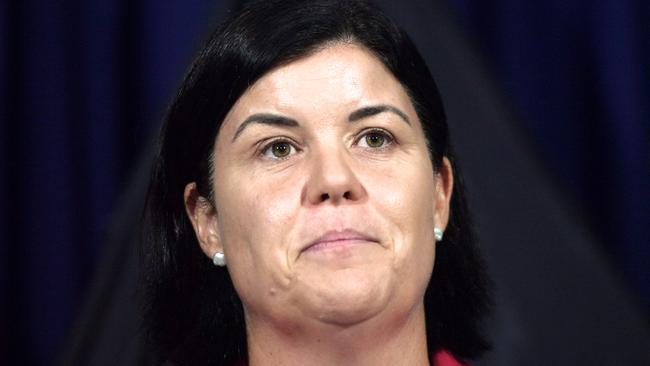
Sweeping alcohol bans will be reinstated in central Australia and restrictions on Alice Springs bottle shops will be extended for three months after Northern Territory Chief Minister Natasha Fyles accepted recommendations to enforce “dry zones” across Indigenous town camps and communities.
The decision comes after weeks of resistance from Ms Fyles to reinstate the alcohol bans demanded by police, health providers and Indigenous elders aimed at halting a wave of alcohol-fuelled violence and crime.
Ms Fyles had warned such an approach amounted to the introduction of “race-based” policies and would disempower Aboriginal Territorians and entrench disadvantage, but she said on Monday there would be a new process allowing communities to develop their own alcohol plans.
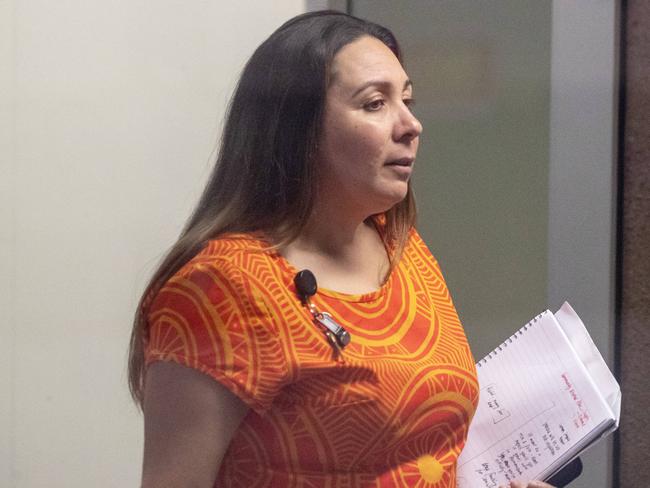
Anthony Albanese also revealed the federal government would pump $250m into the Territory to fund community safety, youth engagement, job creation, domestic violence and health services to help prevent foetal alcohol spectrum disorder.
Due to come into effect once legislation passes NT parliament next week, the new dry zones would apply to communities indefinitely unless they put forward an “alcohol management plan” that would need to be voted on by all residents.
Following the announcement, locals warned the ballot process would need to be policed or it would place women and vulnerable residents at risk of being pressured into voting in favour of booze flowing back into their communities.
Alcohol plans would need to be approved by a 60 per cent majority of residents aged 18 and over and then ticked off by the NT director of Liquor Licensing.
Lingiari Labor MP Marion Scrymgour, who met NT Attorney-General Chansey Paech in Canberra on Monday, has raised concern such ballots would put “a lot of non-drinkers at risk” given the “fear and intimidation” she expected would come from those in the community that wanted alcohol bans to be lifted.
Liberal senator and former Alice Springs resident Kerryn Liddle said there would need to be strict processes to ensure women and elders could freely participate in the ballots.
Locals issued warnings to the government over possible side-effects from the bans, with business owner Craig Jarvis concerned there could be behavioural changes that would lead to town camp residents spending more time in Alice Springs pubs and clubs after being cut off from takeaway alcohol.
The recommendation for the enforcement of dry zones across town camps, including 18 near Alice Springs, was made by Central Australian Regional Controller Dorrelle Anderson in a key report released by the Fyles government on Monday.
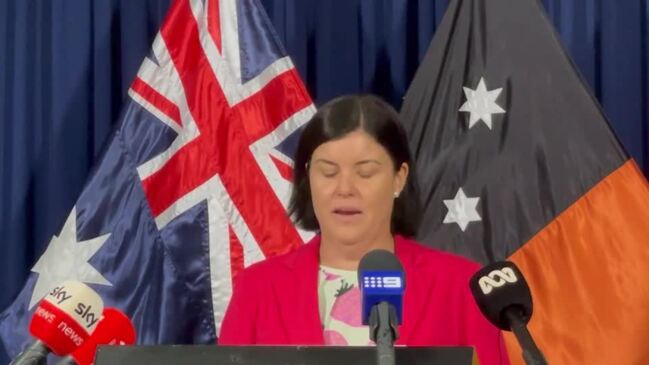
The report revealed alcohol-related assaults in Alice Springs at the end of last year were almost 80 per cent higher than in 2019, while alcohol-related domestic violence assaults were more than 96 per cent higher.
“We cannot continue to accept the levels of domestic and family violence leading to assaults on women who are presenting with horrific facial injuries, broken bones, fractured skulls and in some tragic situations even death,” Ms Anderson said in the report.
“The children who have been spoken to have unanimously voiced their hatred of alcohol and the harm it inflicts on their families.”
Ms Fyles insisted the alcohol restrictions did not amount to a revival of the federal government’s Stronger Futures legislation that lapsed in July, and would be determined at a local level and overseen only by the NT parliament.
Ms Anderson made two recommendations including that the NT government make urgent amendments to the Liquor Act 2019 under which “town camps and nearby remote communities would return to alcohol free areas “with a clear path forward if the community to wishes introduce responsible drinking options”.
She also recommended that the NT and federal governments work to deliver “needs-based funding to relevant service providers … as a matter of priority”.
Labor’s special envoy for reconciliation Patrick Dodson told The Australian before the announcement about grog restrictions in central Australia that he wanted to see federal funds rolled out much faster than they had been. “I know there’s a lot of work going on in the minister’s office and other places around this, but it’s got to be accelerated,” Senator Dodson said.
“We’ve been in power for what? Eight months or so. It’s about time something happened out there in the in the village, and that’s where the frustration is about some of this. I’m not blaming the minister; I’m just saying the capacity to deliver the good programs that we’ve got has got has got to be accelerated.”
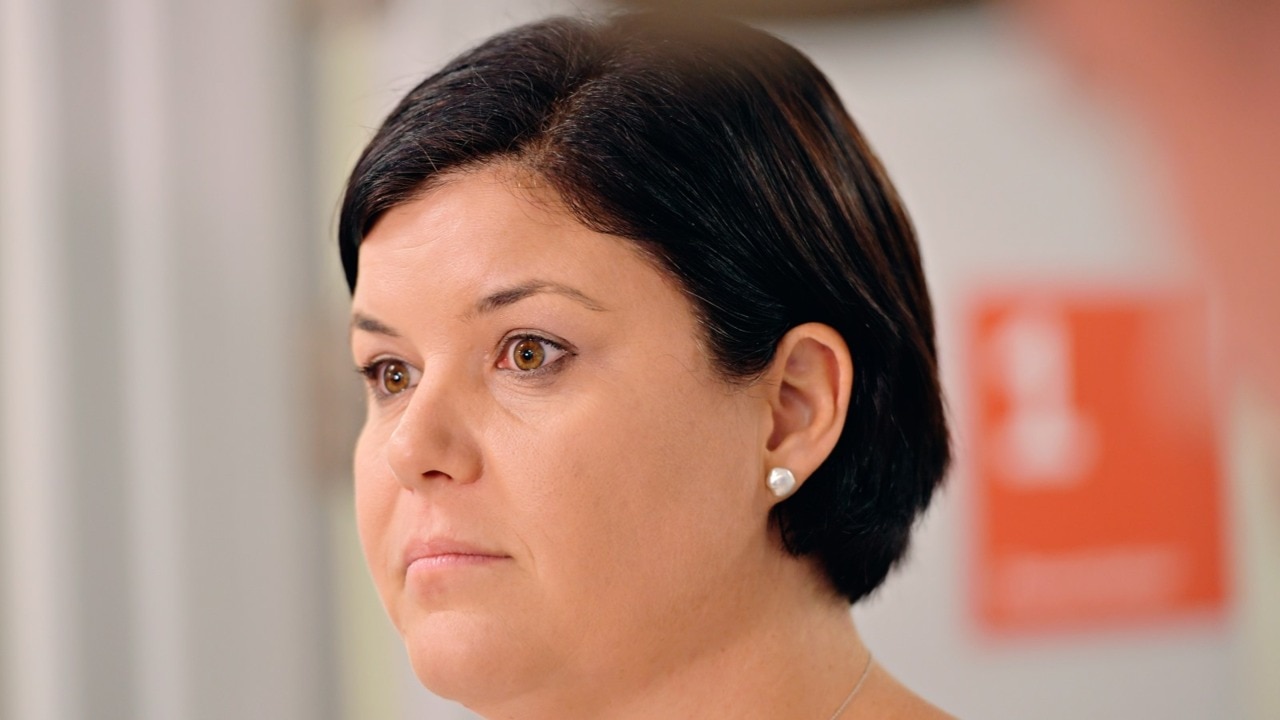
Senator Dodson said that following the expiry of bans on the Alice Springs CBD later this year, the community should be able to pull “local triggers” and put in place “reliefs” including 24-hour alcohol restrictions, rather than having to wait for territory or federal governments to intervene.
Figures from the NT released last week revealed a spike of 50 per cent in alcohol-related presentations to the Alice Springs hospital emergency department from June to December last year.
People’s Alcohol Action Coalition spokesman John Boffa said last month the severity of injuries suffered by people presenting to hospital after domestic violence incidents had become much worse since the lapsing of Stronger Futures laws.
Opposition legal affairs spokesman Julian Leeser said the government had been pressured to do something about the crisis in Alice Springs since the middle of last year. “This collapse in law and order was happening in broad daylight,” he said. “The rampant misuse of alcohol was apparent to all. It was all so avoidable.”
The Northern Territory Police Association said the announcement had come more than six months too late.
NT Country Liberal senator Jacinta Price said the government was “throwing money” at the problem, with little “accountability” for organisations that would receive the federal funding. But Labor NT MPs Malarndirri McCarthy and Marion Scrymgour welcomed the bans, which both had been advocating for ahead of the announcement.
More Coverage



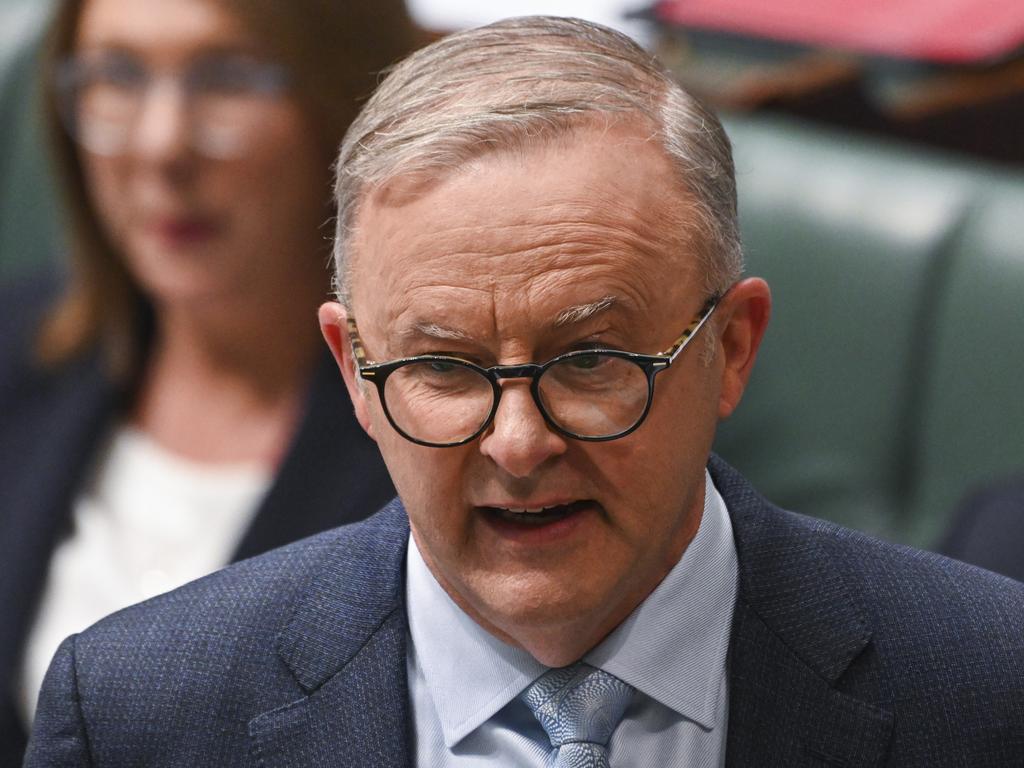
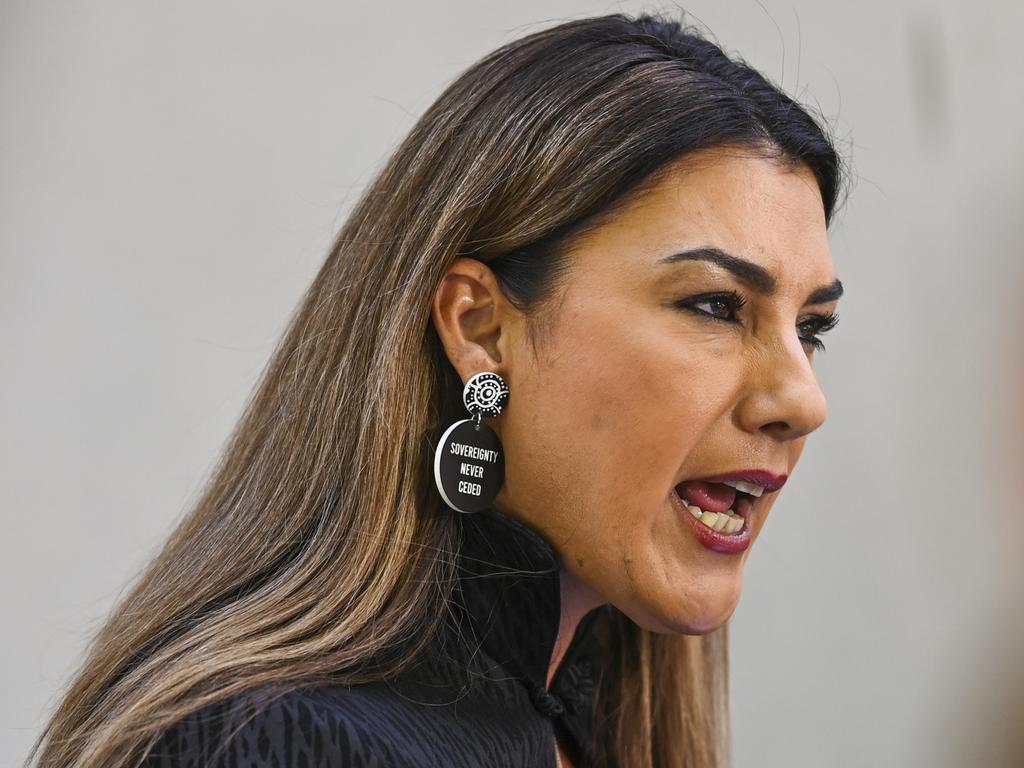
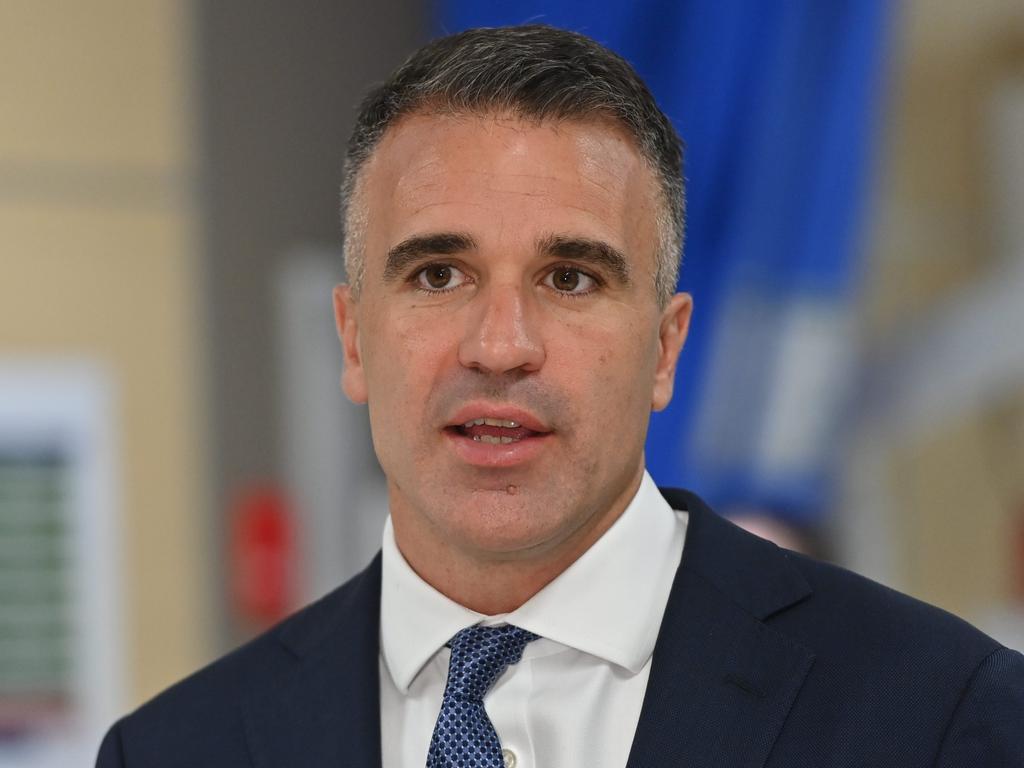


To join the conversation, please log in. Don't have an account? Register
Join the conversation, you are commenting as Logout